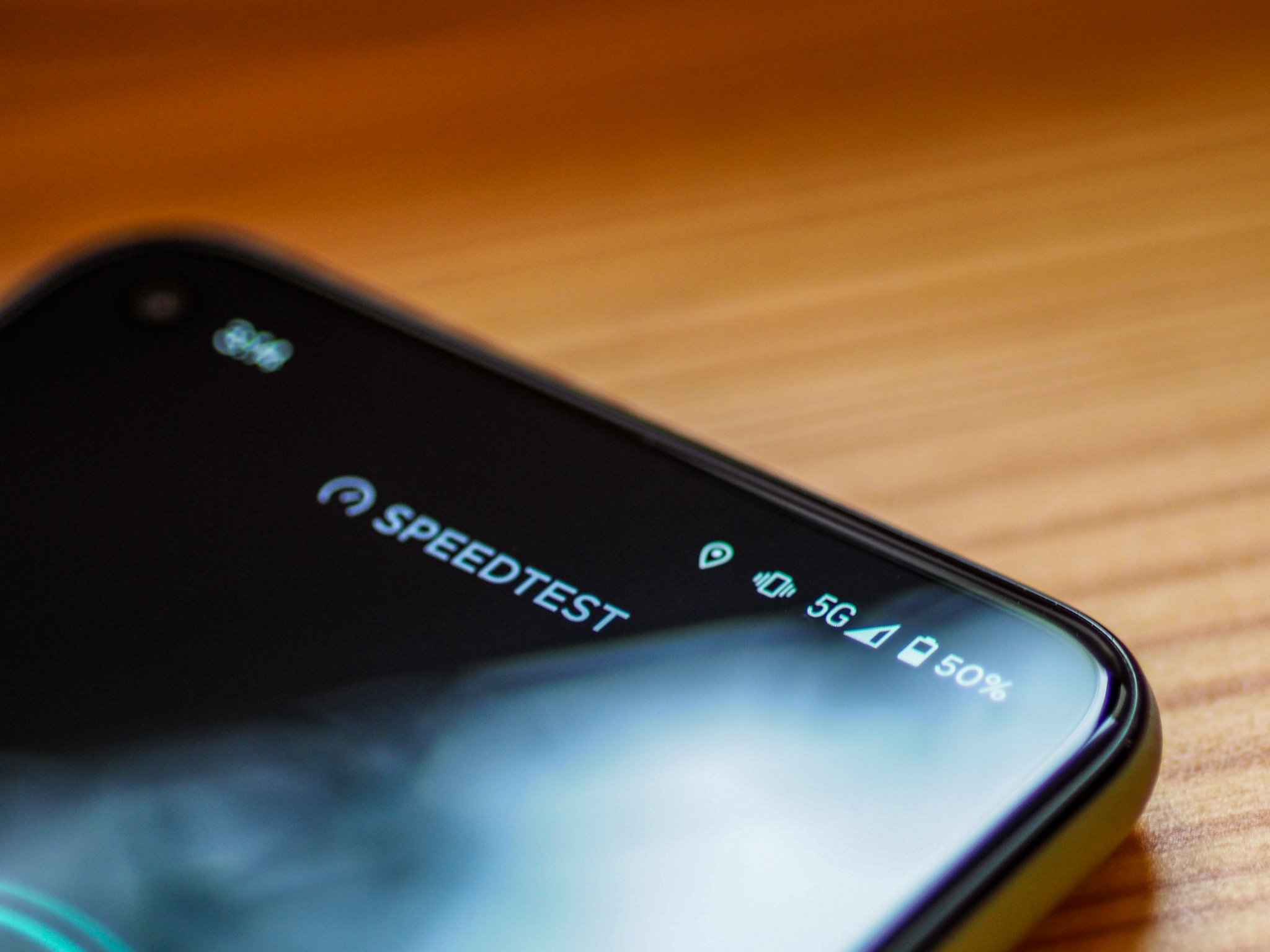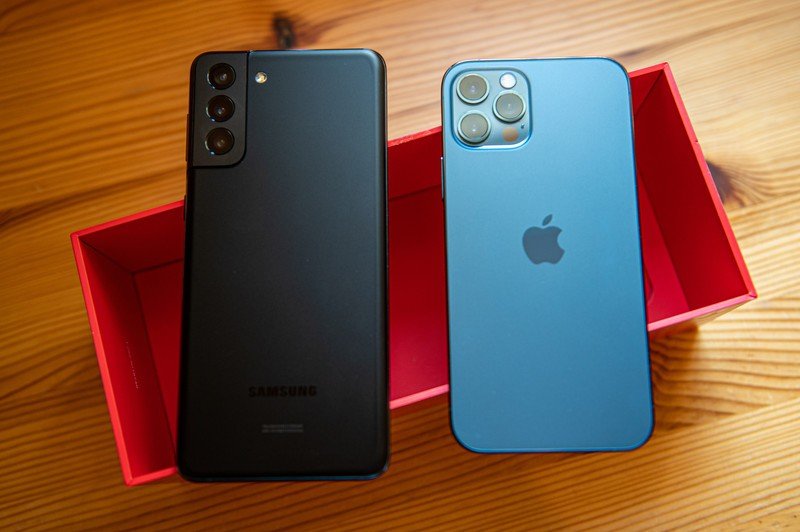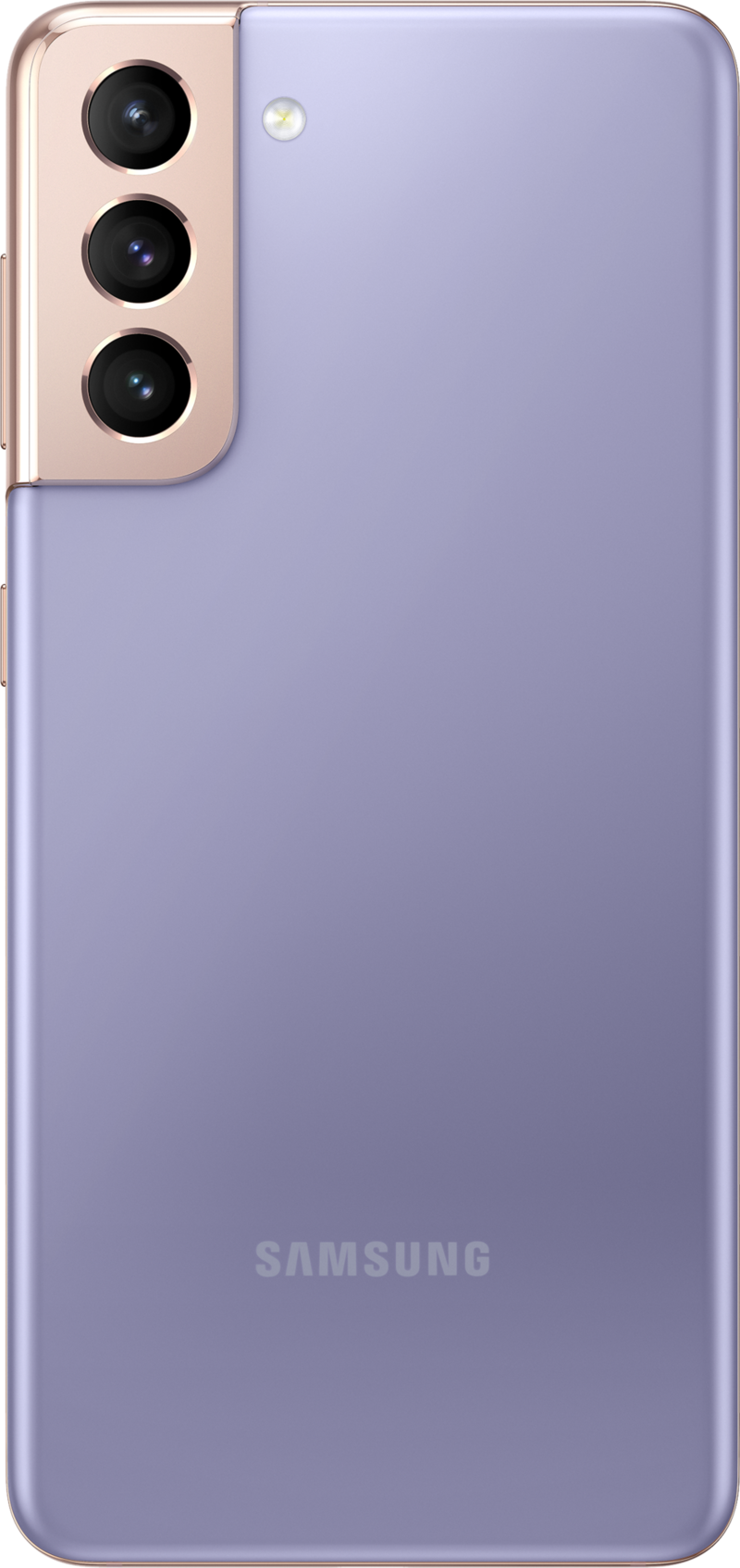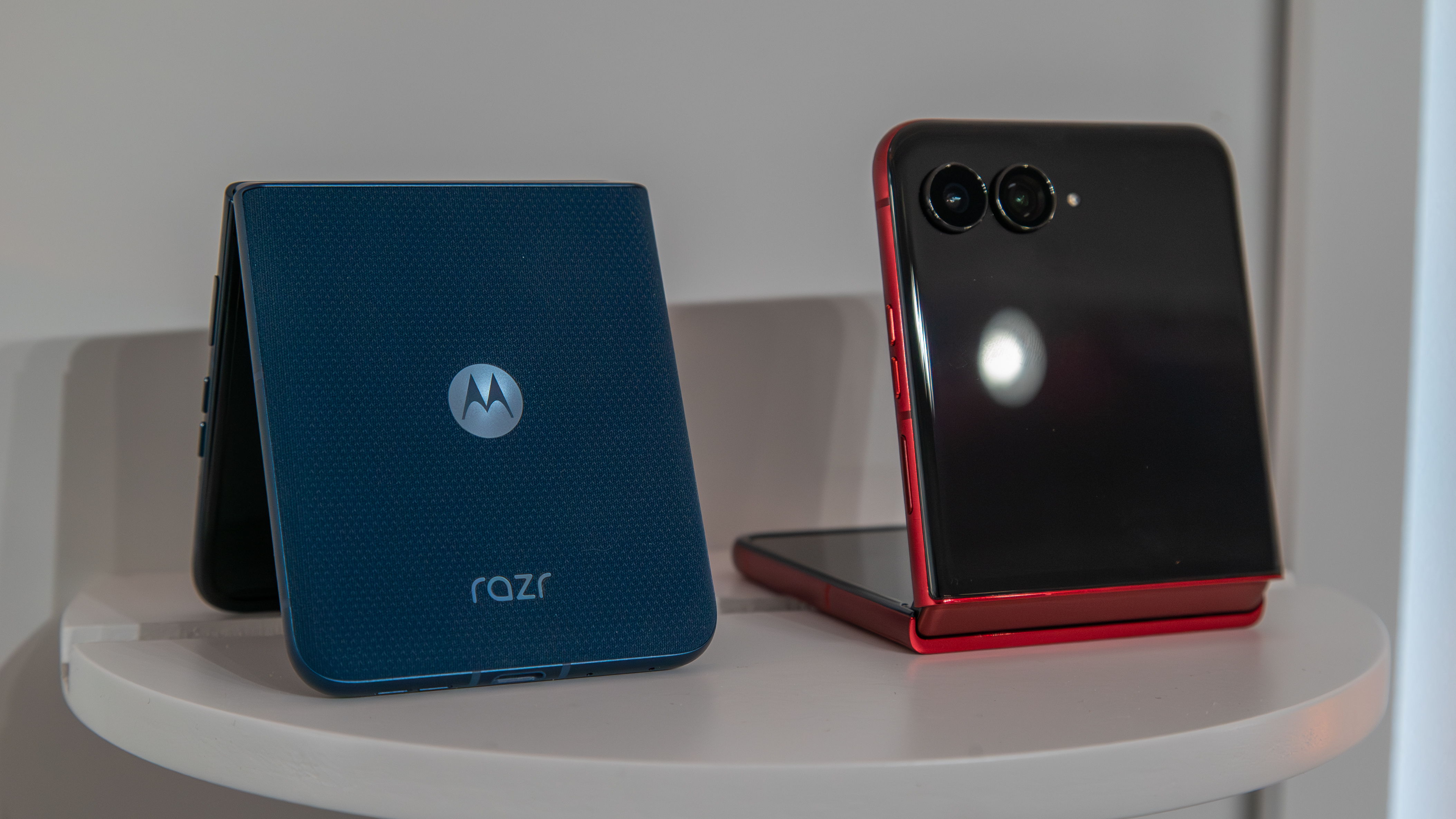Will my 5G phone work on another carrier?

Best answer: Most phones with 5G can be brought over to another carrier, however access to the full network, or even 5G, depends on whether the phone supports the right frequency bands. If you want to switch, consider buying an unlocked phone that works with all carriers.
Check your bands and IMEI
5G coverage is growing fast and it's likely not slowing down with carriers investing billions in future capacity. If you're looking at buying a new phone right now, you've likely noticed that most of them, at least most of the best Android phones, come with 5G.
If you've been thinking about switching carriers and wondered, "Will my 5G phone work on another carrier?" You'll be happy to hear that most unlocked 5G phones can be used with another carrier — but there's a chance it will be limited to LTE.
While most phones support all the necessary 5G bands to get covered by just about any carrier, it's a bit more complicated when it comes to getting activated. First thing's first, make sure your phone has the right bands to get connected. This information will be listed in your phone's specifications. The higher bands like n261 won't be of much consequence to many people since the coverage area of this mmWave spectrum is quite low, but will be nice to have if you can ever use it.
| Carrier | Bands |
|---|---|
| Verizon | n5 (DSS for sub-6)n261 (28GHz) |
| T-Mobile | n71 (600MHz)n41 (2.5GHz) from Sprintn260 (39GHz)n261 (28GHz) |
| AT&T | n5 (850MHz)n260 (39GHz) |
| U.S. Cellular | n71 (600MHz) |
Don't forget that a phone will need to be fully paid off and unlocked before it can be taken to another carrier.
Most phones like the Pixel 5, Samsung Galaxy S21 series or even the older S20 series support the majority of bands. The iPhone 12 series also supports most bands. This has not only allowed Samsung and Apple to ship fewer phone variants but also gives them tighter control of software.
Be an expert in 5 minutes
Get the latest news from Android Central, your trusted companion in the world of Android
Still, one of the nice things about the Android ecosystem is the sheer variety of phones available so it's a shame to limit yourself to one carrier. Be sure to check your IMEI on any carrier's site before committing if you want to be sure you're covered. It's also worth checking with customer care to be sure.
For example, if you bought an unlocked 5G phone like the OnePlus 8 Pro 5G for the U.S. market, it will work on T-Mobile's 5G but not on AT&T's 5G network. The phone will still work on AT&T, it will just be limited to LTE. For many people, this isn't too big of a deal since 5G still has yet to hit its stride in performance but if you were expecting 5G, it could be a disappointment.
Not all carriers treat 5G the same

5G support on one carrier doesn't guarantee it on another. T-Mobile has one of the most compatible networks for 5G with all of the most popular phones. If a phone supports T-Mobile's bands, there's a good chance it will connect to 5G even on an MVNO or prepaid carrier.
AT&T and Verizon are also quite happy to activate a 5G phone as long as it's compatible and both of these carriers now support nationwide sub-6 5G on the majority of plans. Still, some prepaid carriers like Cricket don't include 5G on all plans. Visible on the other hand includes unlimited 5G for everyone with a compatible 5G phone but has a much more limited number of compatible phones.
It's disappointing to see carrier compatibility still be an issue even as we move to new chips with great 5G support but it's also nice that some of the biggest leaders in phone design support all bands including mmWave on unlocked and carrier models. Phones like the Galaxy S21 series, Pixel 5, and even the iPhone 12 series are great leaders on future unlocked compatibility.
When Samuel is not writing about networking or 5G at Android Central, he spends most of his time researching computer components and obsessing over what CPU goes into the ultimate Windows 98 computer. It's the Pentium 3.


